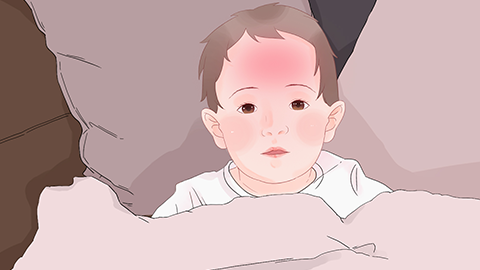What should be noted in the rehabilitation care of pediatric pneumonia?
Generally, rehabilitation care for pediatric pneumonia requires attention to dietary regulation, indoor air quality, adequate rest, respiratory tract care, and personal hygiene. A detailed analysis is as follows:

1. Dietary Regulation
A balanced diet helps children recover physically. During the recovery period, ensure the child receives sufficient nutrition while avoiding overly greasy and irritating foods to prevent additional gastrointestinal burden.
2. Maintain Indoor Air Quality
Good indoor air quality helps reduce the growth and spread of pathogens. Regular window ventilation and the use of air purification devices can effectively reduce pollutant concentrations in indoor air, protecting the child's respiratory health.
3. Adequate Rest
Sufficient sleep aids in the child's physical recovery and enhances immunity. During the recovery period, ensure the child has adequate rest and avoid excessive fatigue and overexertion.
4. Respiratory Tract Care
Respiratory care is a crucial component of rehabilitation for pediatric pneumonia. Helping the child clear airway secretions and maintaining airway patency can effectively alleviate respiratory discomfort and promote the absorption and resolution of inflammation.
5. Personal Hygiene
Maintaining good personal hygiene habits helps reduce the risk of cross-infection. Parents should teach children to wash hands frequently, cover coughs and sneezes with tissues or the elbow, and regularly change bedding, clothing, and other personal items.
It is recommended to vaccinate children timely with pneumococcal vaccines and other vaccines for preventing respiratory diseases, to reduce the risk of pneumonia infection. Parents should be mindful of the appropriate timing and precautions for vaccination, ensuring the child completes the vaccination schedule on time.





